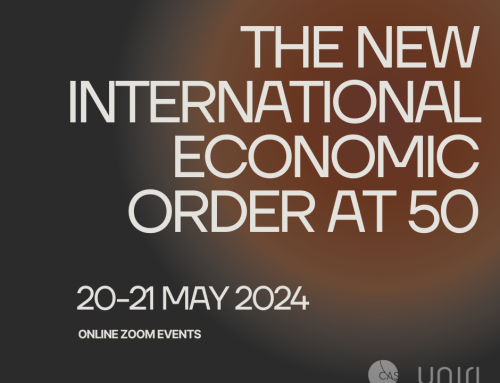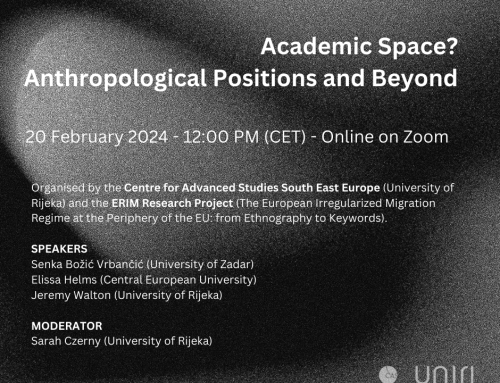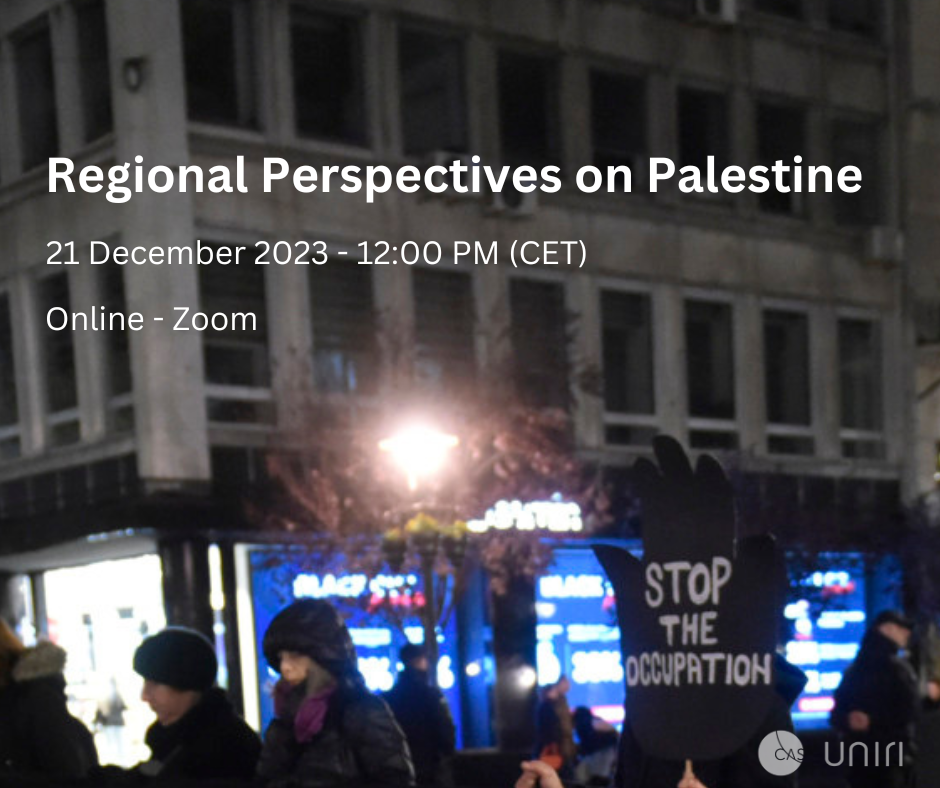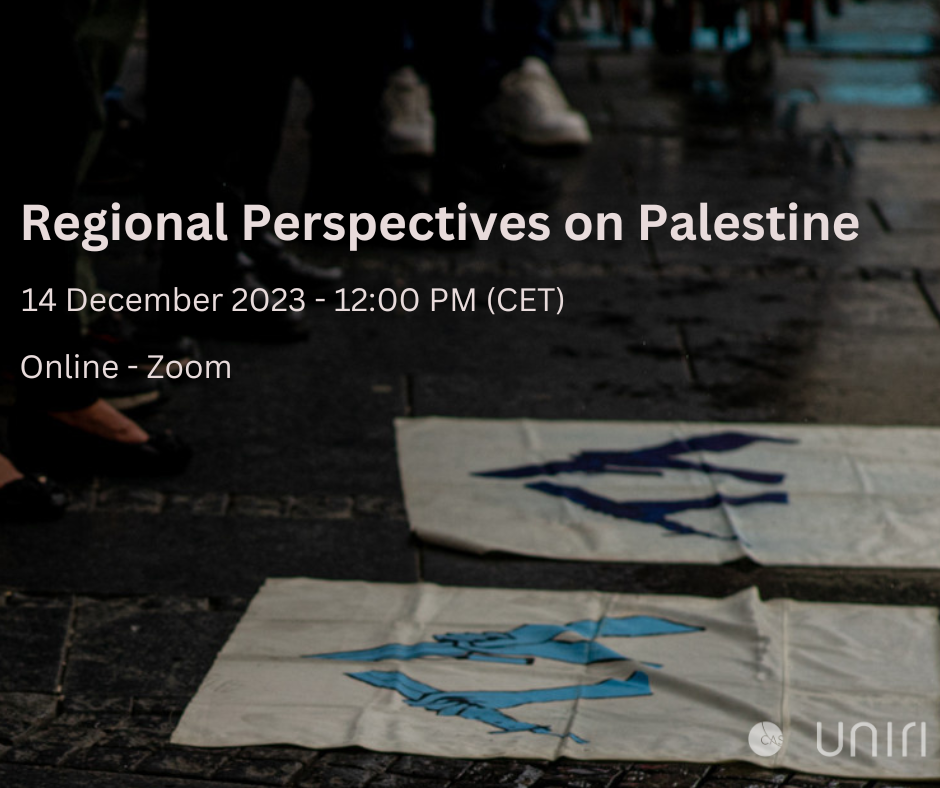Jan Mus
March 20, 2015
Contemporary research approaches to ethnicity tend to perceive them through prisms of either political and institutional frameworks, widely understood protection or abuses of human (and minority) rights, or cultural and anthropological issues. This research project proposes a less popular approach that combines ethnicity with economy and in this sense refers to the critical theory. By referring to domestic and international economic features, such as dynamics of agro-, trade-, and economic cycles, cultural division of labour within the given society and subsequently existing socio-economic inequalities and their consequences, this project will cast new light on mechanisms and institutions of ethnopolitics.
Along this, Jan Muś held a lecture in the Department of History at the Faculty of Humanities and Social Sciences on the subject of Economic development and etnopolitics in the 19th century.
 Jan Muś works as an adjunct at the Institute of East-Central Europe (IESW) and as a lecturer at the Catholic University of Lublin. His research interest concerns nationalism and ethnopolitics as well as the contemporary political and social developments in the Southeastern Europe. Jan’s project at the CAS SEE combines economic development and ethnopolitical claims in culturally plural societies of the Hapsburg and the Ottoman empires and in this sense it refers to the critical theory. It aims at further development of theoretical framework on ethnicity and nationalism by studying dependency between economic development and rise of nationalism. By referring to domestic and international economic features, such as dynamics of agro-, trade-, and economic cycles, cultural division of labour within the given society and subsequently existing socio-economic inequalities and their consequences, this project will cast new light on mechanisms and institutions of ethnopolitics.
Jan Muś works as an adjunct at the Institute of East-Central Europe (IESW) and as a lecturer at the Catholic University of Lublin. His research interest concerns nationalism and ethnopolitics as well as the contemporary political and social developments in the Southeastern Europe. Jan’s project at the CAS SEE combines economic development and ethnopolitical claims in culturally plural societies of the Hapsburg and the Ottoman empires and in this sense it refers to the critical theory. It aims at further development of theoretical framework on ethnicity and nationalism by studying dependency between economic development and rise of nationalism. By referring to domestic and international economic features, such as dynamics of agro-, trade-, and economic cycles, cultural division of labour within the given society and subsequently existing socio-economic inequalities and their consequences, this project will cast new light on mechanisms and institutions of ethnopolitics.





